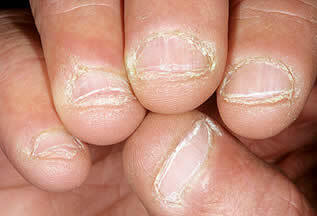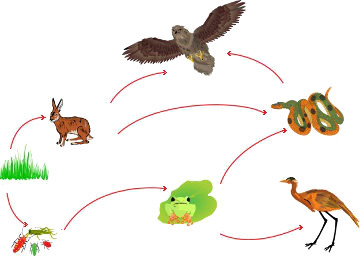Our nail is made up of a protein called keratin, which is found on the tips of our fingers and toes. Some people develop the habit of biting their nails when they find themselves in situations of stress or anxiety. This habit is called onychophagy.
The habit of biting nails can develop in the individual as a child and accompany him into adulthood. In children, this habit can appear from the age of four, following it until adolescence, which is a period of transition from childhood to adulthood. During adolescence, individuals are faced with numerous new situations, which lead to moments of tension, stress and anxiety and, consequently, biting their nails can become a habit.

Bitten nails make your hands ugly
This habit is not a concern, but the fact of putting your hands to your mouth can become a great agent for transmitting diseases, since under the nails there is dirt, fungi, bacteria and even viruses.
Do not stop now... There's more after the advertising ;)
After adolescence, the habit of biting nails is usually replaced by other habits, such as nibbling the tip of a pencil, biting the lips, etc. In adults this habit is also normally replaced as it is seen as an unsanitary habit by other adults. The habit of biting nails damages the enamel of the teeth, leaving them unprotected and causing cavities; in children
he can lead to dental malocclusion.In mild cases of onychophagia, to stop biting your nails there must be motivation from the person who has the habit. In more severe cases, the person must seek treatment and the doctor may even prescribe some medication to relieve anxiety, which is the main cause of onychophagia.
Paula Louredo
Graduated in Biology
Would you like to reference this text in a school or academic work? Look:
MORAES, Paula Louredo. "The Nail Biting Habit"; Brazil School. Available in: https://brasilescola.uol.com.br/biologia/roer-unhas.htm. Accessed on June 28, 2021.


